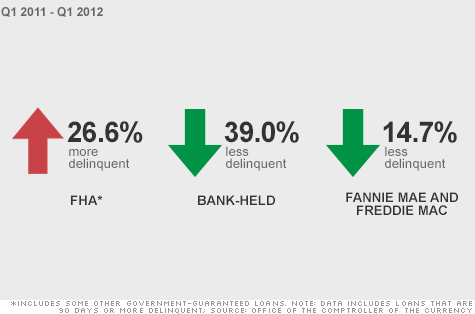A 235-acre Malibu, Calif., wine estate has listed for $59.5 million. The seller is George I. Rosenthal, the chairman of Raleigh Enterprise, which owns and operates commercial real estate, hotels, and movie and TV studio complexes.
Mr. Rosenthal assembled the Rosenthal Wine Estate beginning in 1977. The property includes a 12,000-square-foot hacienda-style main residence with two swimming pools. There are also horse stables and two guesthouses, including one with an additional pool.
Photos: Private Properties
Nick SpringettA 235-acre Malibu, Calif., wine estate has listed for $59.5 million. The main house has two swimming pools.
The property includes 25 acres of hillside vineyards as well as a wine-tasting room, banquet room and office. The home’s furnishings are included in the purchase price.
“It’s been a great joy in my life but it’s time to take on other things,” says Mr. Rosenthal. His 90-acre Aspen, Colo., property, known as Jigsaw Ranch, is also on the market in two separate parcels, one asking $36 million and the other $22 million.
Irene Dazzan-Palmer and Sandro Dazzan of Coldwell Banker Previews International have the Malibu listing. Joshua Saslove of Joshua & Co. has the Aspen listings.
Williamson Stuckey Asks $6.25 Million for Washington, D.C., Home
Former Rep. Williamson Stuckey and his wife, Ethelynn, have listed their Washington, D.C., home for $6.25 million.
Located on an acre in the Spring Valley neighborhood, the 8,000-square-foot house has six bedrooms and seven bathrooms. The 1920s-era home has a stone exterior and a slate roof, and there are extensive gardens. Inside, there’s a large dining room, a sunroom and a library. The home was extensively renovated and updated in 2006, though the original windows and exterior features were kept intact.
Mr. Stuckey, who is the chairman of Stuckey’s, a large chain of highway rest stops, purchased the home with his wife 45 years ago from then-Commerce Secretary John T. Connor. According to Mrs. Stuckey, Mr. Connor told Mr. Stuckey about the home over dinner at the White House and he decided then to buy it. They paid about $180,000 for it, says Mrs. Stuckey.
Mrs. Stuckey says they are selling because they plan to return to Georgia, where they are from. “I really have a lot of my heart in the house and the garden,” she said. Cathie Gill of Cathie Gill Inc. Realtors has the listing.
Home on 160 Acres Near Denver Is Listed for $18.95 Million
An Evergreen, Colo., home has listed for $18.95 million.
The property, about 40 minutes from downtown Denver, includes 160 acres on five separate parcels adjacent to a national forest. It includes a 9,500-square-foot stone and stucco main house, a 3,000-square-foot caretaker’s residence and two barns. The main house has a terrace along the back with mountain views.
The seller is Robert Truscheit, the owner of a private investment firm, who is based in Washington state. Mr. Truscheit assembled the property in 2004 and built the home in 2009. “Admittedly, it’s a high price,” says Mr. Truscheit. “The right person has to come along who wants the privacy.” Matt Podskoch and Ryan Podskoch of Global Real Estate Network have the listing.
—Candace Jackson—Email: privateproperties@wsj.com.
Corrections & Amplifications
Former Rep. Williamson Stuckey’s first name was incorrectly given as William in an earlier version of this article.

![[SB10001424052702304373804577522793943002310]](http://s.wsj.net/public/resources/images/OB-TS342_0713Pr_D_20120711121513.jpg)


 Delinquencies and foreclosures of FHA-backed mortgages are soaring, putting further strain on the housing agency’s finances and making a taxpayer bailout more likely.
Delinquencies and foreclosures of FHA-backed mortgages are soaring, putting further strain on the housing agency’s finances and making a taxpayer bailout more likely.
© 2013 The Peral Group